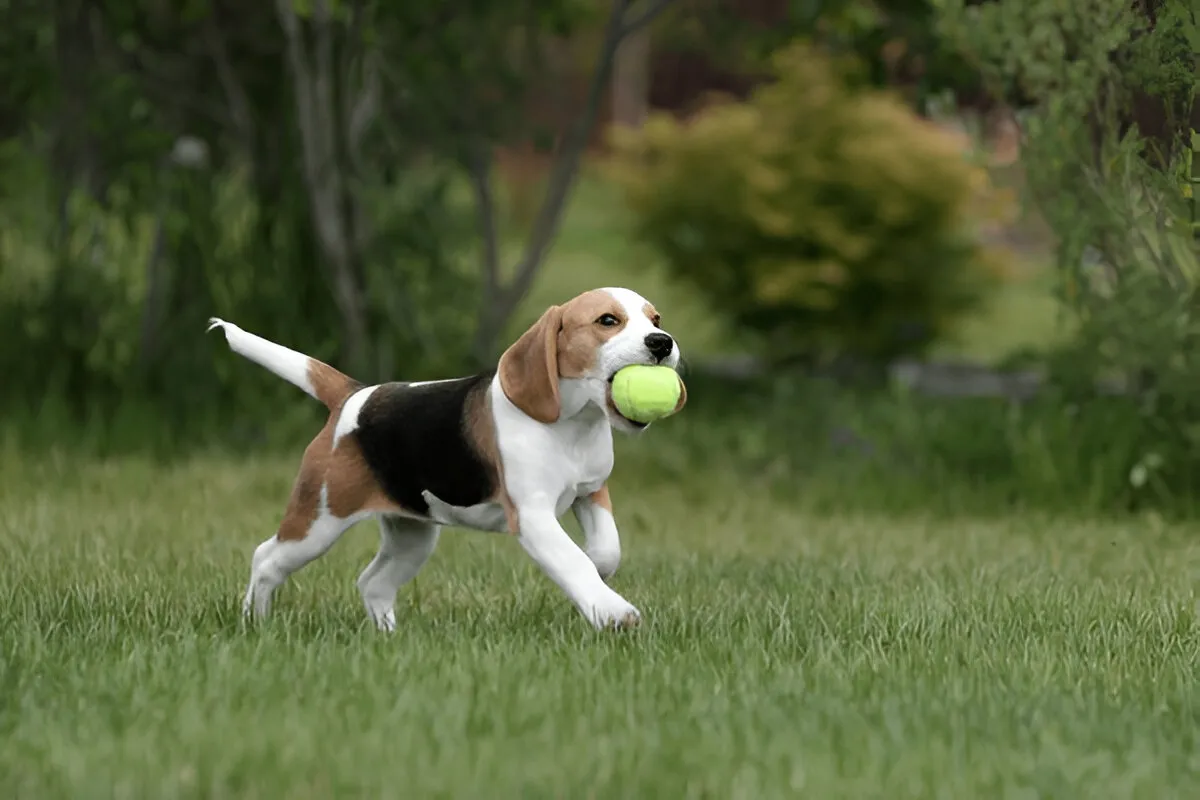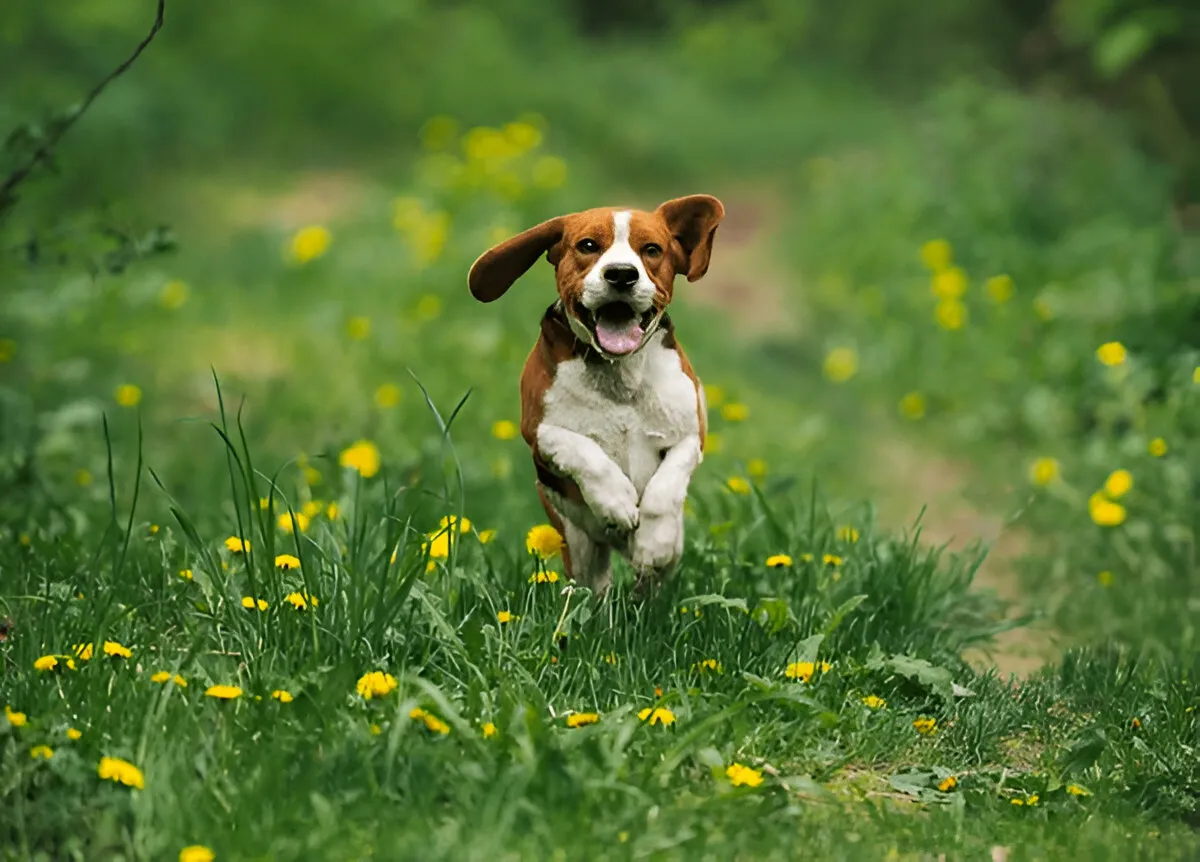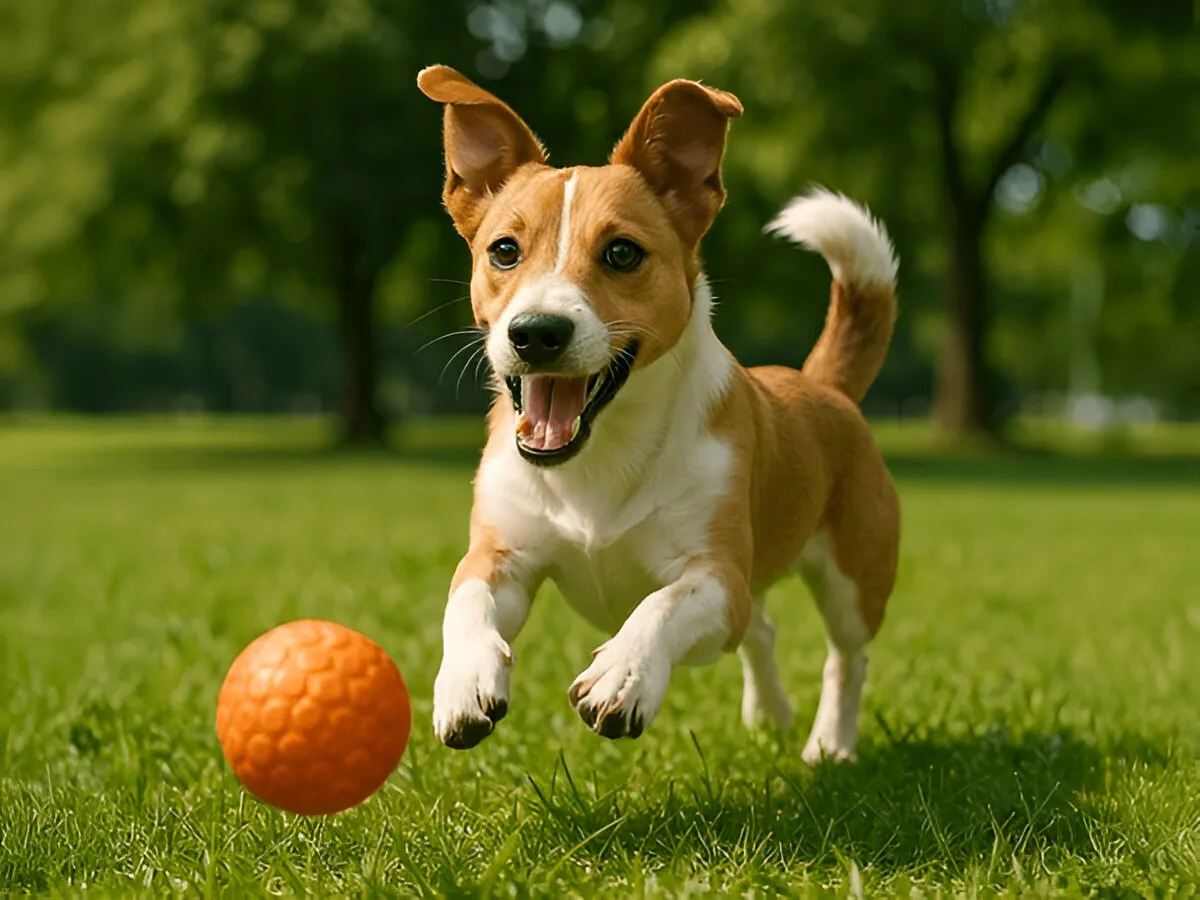
Puppyhood is a fleeting yet foundational phase in a dog’s life. For pet parents in Chicago, understanding the ideal training start is crucial to raising a well-mannered, confident companion. With the Windy City’s bustling sidewalks, dog-friendly parks, and vibrant pet culture, early obedience training becomes more than a recommendation—it’s a necessity.
Understanding Puppy Age Milestones
| Puppy Age | Developmental Milestone |
|---|---|
| 3–7 weeks | Social bonding with littermates and mother |
| 8–10 weeks | First exposure to basic commands and routines |
| 11–14 weeks | Ideal time for structured training and socialization |
| 4–6 months | Reinforcement of learned behaviors and impulse control |
Puppies experience rapid cognitive and behavioral development in their first few months. According to canine behaviorists, the critical socialization window occurs between 3 and 14 weeks of age. During this time, puppies are most receptive to new experiences, people, and other animals.
Starting training during this window helps prevent behavioral issues such as fear, aggression, and anxiety later in life. Puppies that are introduced to structured learning environments early are more likely to grow into adaptable, confident adult dogs.
Why Early Obedience Matters
Early obedience training lays the groundwork for lifelong habits. Puppies that begin training at 8 weeks can learn basic cues like “sit,” “stay,” and “come” using positive reinforcement. This approach, endorsed by veterinary professionals and trainers alike, builds trust and encourages learning without fear.
In a city like Chicago, where dogs often encounter crowded sidewalks, public transport, and off-leash parks, early training ensures safety and social harmony. What makes puppy training in Chicago unique is the urban environment itself—one that demands well-socialized, responsive dogs.
The Ideal Training Start: What Experts Say
Leading sources such as PetMD and The Puppy Academy recommend beginning training as soon as the puppy arrives home—typically around 8 weeks of age. Contrary to popular belief, puppies do not need to be fully vaccinated before starting training. Reputable group classes require proof of initial vaccinations and maintain clean, controlled environments.
The puppy training timeline in Chicago aligns with these expert recommendations, offering structured programs that evolve with your puppy’s age and abilities. These programs are designed to match developmental stages, ensuring that training is both age-appropriate and effective.
Choosing Between Private and Group Training
| Training Type | Benefits |
|---|---|
| Private | Tailored instruction, flexible scheduling, behavior modification |
| Group | Socialization, distraction training, peer learning |
Both private and group training offer unique benefits. Private sessions provide personalized attention, ideal for addressing specific behavioral concerns or working with shy puppies. Group classes, on the other hand, foster socialization and teach puppies to focus amid distractions.
For pet parents unsure which path to take, private training for dogs can be a great starting point, especially for first-time dog owners. Trainers can assess your puppy’s temperament and recommend the best course of action.
Socialization: The Heart of Puppy Training

Socialization is more than playtime—it’s exposure to diverse environments, sounds, people, and other dogs. Puppies that are well-socialized are less likely to develop fear-based behaviors. In Chicago, this might include walks along Lake Michigan, visits to Montrose Dog Beach, or simply navigating busy sidewalks.
Group classes are an excellent way to introduce structured socialization. Group training classes for dogs in Chicago often include exposure to real-world scenarios, helping puppies adapt to urban life with confidence. These classes also teach puppies how to behave around other dogs and people, which is essential in a city setting.
Reinforcement and Consistency
Training doesn’t end after puppyhood. Reinforcement of learned behaviors is essential as puppies mature into adolescence. Consistency in commands, routines, and expectations helps solidify obedience and prevent regression.
Pet parents should continue practicing cues daily, gradually increasing difficulty and distractions. This ongoing effort ensures that training becomes a lifestyle, not a one-time event. Incorporating training into daily routines—like mealtime, walks, and play—helps reinforce good behavior naturally.
Common Mistakes to Avoid
Many new dog owners delay training, believing their puppy is too young. Others rely on outdated methods like punishment or dominance-based techniques. These approaches can lead to fear, anxiety, and even aggression.
Instead, focus on positive reinforcement, patience, and consistency. Avoid overwhelming your puppy with long sessions—keep training short, fun, and rewarding. Using treats, toys, and praise as motivators helps create a positive association with learning.
When to Seek Professional Help
If your puppy exhibits signs of fear, aggression, or excessive anxiety, it’s wise to consult a professional trainer. Early intervention can prevent minor issues from becoming major behavioral problems.
Chicago offers a wealth of experienced trainers who specialize in early obedience and behavior modification. Contact Prestige Dog Training to schedule a consultation and create a customized training plan. Our trainers are certified, compassionate, and committed to helping your puppy thrive.
Integrating Training into Daily Life

Training should be a natural part of your puppy’s daily routine. Incorporate commands during walks, playtime, and feeding. For example, ask your puppy to “sit” before crossing the street or “stay” before placing their food bowl down.
This real-world application reinforces obedience and helps your puppy understand that training isn’t limited to a classroom. It also builds a stronger bond between you and your dog, based on communication and mutual respect.
The Role of Enrichment in Puppy Development
Mental stimulation is just as important as physical exercise. Puzzle toys, scent games, and interactive play keep your puppy’s brain engaged and reduce boredom-related behaviors like chewing or barking.
Enrichment activities also provide opportunities for problem-solving and confidence-building. Rotate toys regularly and introduce new challenges to keep your puppy curious and motivated.
Final Thoughts
Starting puppy training early is one of the most impactful decisions a dog owner can make. It shapes behavior, builds trust, and sets the stage for a lifetime of companionship. In a dynamic city like Chicago, early obedience and socialization are not just beneficial—they’re essential.
Prestige Dog Training proudly offers expert-led programs tailored to every puppy’s age and personality. Whether you’re looking for private sessions or group classes, our team is here to guide you and your pup every step of the way.



